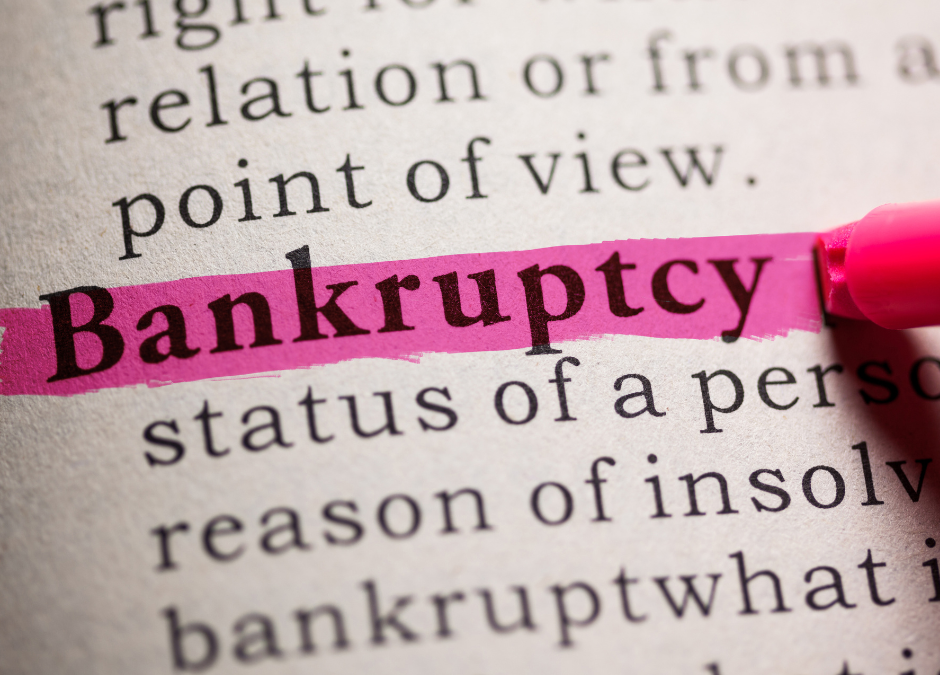Bankruptcy is a legal process that allows businesses to discharge or restructure their debts. For those struggling with unmanageable debt, bankruptcy can offer a fresh start and relief from the burden of overwhelming financial obligations. However, bankruptcy can also have a significant impact on debt collection efforts. In this blog, we’ll discuss the basics of business bankruptcy and its effect on debt collection.
Understanding Bankruptcy
The most common types of business bankruptcy in the United States are Chapter 7 bankruptcy and Chapter 11 bankruptcy.
Chapter 7 bankruptcy: also known as “liquidation bankruptcy,” allows a business to sell off its assets to pay its creditors. Once the assets have been sold, the remaining debt is typically discharged, meaning the business is no longer responsible for paying it.
Chapter 11 bankruptcy: allows a business to reorganize its debts and operations while continuing to operate under court supervision. This type of bankruptcy is often used by larger businesses that have the potential to recover and become profitable again.
Other types of bankruptcy may be available to businesses, such as Chapter 13 bankruptcy for small businesses with debts below certain thresholds. However, these types of bankruptcy are less common for businesses in general.
Effect on Debt Collection
When a business files for bankruptcy, an automatic stay goes into effect. This means that creditors are prohibited from continuing their collection efforts, including phone calls, letters, and lawsuits. The automatic stay also stops foreclosure proceedings and wage garnishments. Both parties must wait for the bankruptcy court to determine the outcome. Depending on the type of bankruptcy, the individual’s debts may be discharged or restructured.
Bankruptcy can have a significant impact on debt collection efforts. If the individual’s debts are discharged, the creditor is unlikely to ever recover the money owed.
Bankruptcy is a legal process that can provide relief to individuals and businesses struggling with unmanageable debt. However, it can also have a significant impact on debt collection efforts. When a debtor files for bankruptcy, an automatic stay goes into effect, which prohibits creditors from continuing their collection efforts. Depending on the type of bankruptcy, the debtor’s debts may be discharged or restructured. While bankruptcy can provide relief from overwhelming financial obligation, it can also be a difficult process for debt collectors and can result in debts not being recovered.
Commercial Collectors is here to help with all your collection needs. Give us a call, or check out our website for more information. We collect revenue so you can grow your business.


Recent Comments